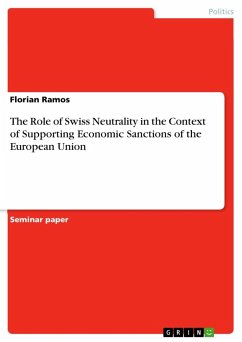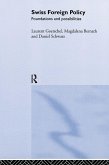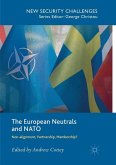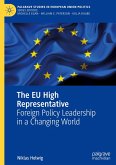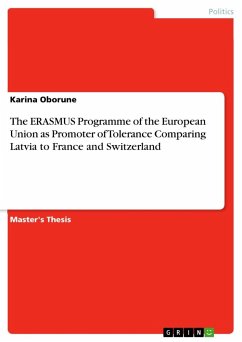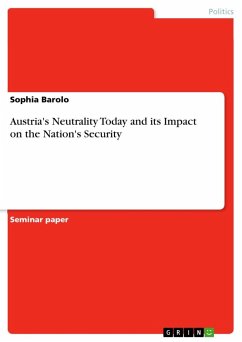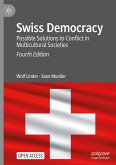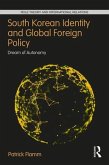Seminar paper from the year 2020 in the subject Politics - Topic: European Union, grade: 2.0, Catholic University Eichstätt-Ingolstadt, language: English, abstract: This paper aims to examine the role of neutrality in Swiss foreign policy as some cases of foreign policy behaviour raises questions left to be answered. Focus is given on EU-foreign policy decisions concerning economic sanctions. The role of neutrality in this particular context would suggest not to follow EU sanctions since the country neither is a member of the Euro-pean Union, nor of the European Economic Area (EEA). Switzerland, furthermore, is not bound by international law to join economic sanctions of the EU. Yet, the country¿s interest involves a broader spectrum of factors to be considered within its role of neutrality. The main puzzle this paper further tries to solve is concerned with economic sanctions of the EU which have been implemented by the Swiss federal government. Those sanctions mostly originate from external factors that pose threats to international, regional or domestic security. Violations of international law or aggressive foreign policy behavior also represent causes to enforce sanctions as a form of protest. Economic sanctions, thus, either target a national economy as a whole and/or certain individuals, enterprises and/or institutions in order to weaken economic or political positions. Establishing trade embargos, cutting financial aid or seizing foreign assets are named as examples. This approach is often used as a non-violent means in modern foreign policy. The EU as a political union established norms to meet common foreign policy decisions in which economic sanctions are regularly enforced. The above-mentioned EU sanctions, adopted by Switzerland, leave the following questions concerning the Swiss role of neutrality: 1. What is the definition of neutrality? 2. Does the role of neutrality implicate restrictions in joining other countries¿ foreign policy stances? 3. On what grounds did Switzerland enforce economic sanctions originally established by the EU? The Swiss foreign policy stance on neutrality has long played a crucial in the nation¿s history. Since the Congress of Vienna in 1815, Swiss neutrality has officially been recognized by in-ternational law. This particular foreign policy stance may have contributed to the economic and democratic development of the nation as Switzerland stayed neutral in both World Wars. The exact role of neutrality, however, has experienced frequent adjustments as the term might not indicate a clear strategy in foreign policy behavior.
Hinweis: Dieser Artikel kann nur an eine deutsche Lieferadresse ausgeliefert werden.
Hinweis: Dieser Artikel kann nur an eine deutsche Lieferadresse ausgeliefert werden.

